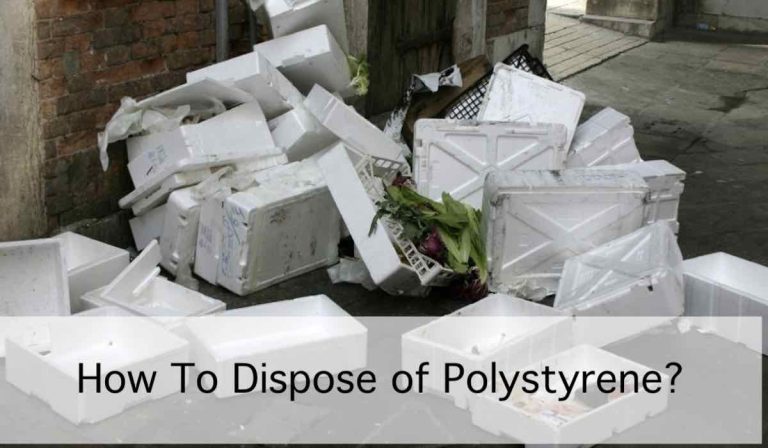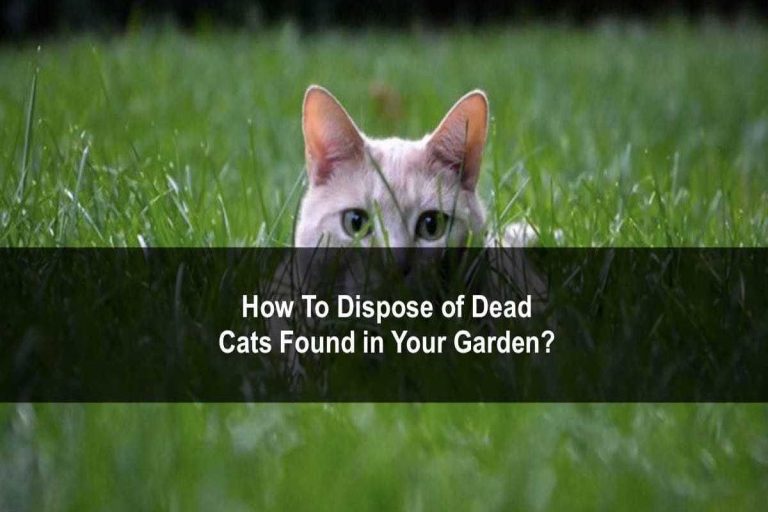How to Dispose of Medication?
Australia’s biggest problem is medication waste. The National Health Service (NHS) estimates that more than 300,000,000 pounds worth of prescription medications are wasted each year by AU residents and institutions.
According to the NHS, patients have over 90 million worth of unused medications in their homes. This creates a serious disposal problem. Today’s article will focus on proper medication disposal. Continue reading!
Send the medication back to pharmacy
All pharmacies in Aus have been instructed by the AUS health department to dispose of expired or unwanted medications. You must therefore return your medication to the pharmacy. The majority of AU pharmacies will accept capsules, tablets, pills, insulin pens, inhalers and powders. They also accept creams, cytotoxic drug, ampules and syrups.
Keep in mind, not all pharmacies will accept sharp bins. You should contact your local pharmacy to inquire about sharps or controlled drugs. Before you can return controlled drugs or sharp bins, some pharmacies might require your address and name.
Pharmacies will not accept oil, solvents or paints. They also won’t take veterinary medicines, chemical, pesticides, etc. To dispose of your old inhalers contact your nearest pharmacy. Inhaler recycling programs are offered by some pharmacies, which promote eco-friendly practices as well as reducing waste and greenhouse gasses.
Get in touch with your local council
Sharps bins or controlled drugs are not accepted by most pharmacies. You can not dispose of diabetic needles in your local pharmacy, for example. Local councils will now be responsible for disposing of controlled drugs and sharps bins, thanks to new regulations.
The majority of local authorities collect sharps containers from GP practices/pharmacies and patients’ homes. For more details, we recommend that you contact the staff of your local council. Online research and the website of your local council can provide additional information.
Important Considerations
The TGA states that it is against the law to flush or drain any unused medication. Remember that medications contain chemicals which can pollute the environment and contaminate water supplies. When you flush the residues down the toilet or sink, they can cause water pollution.
To reduce the potential risk of harm, certain medications must be disposed. To determine if the medication can be flushed down the drain, check the label. You can flush opioids and other painkillers down the sink or toilet immediately.
You can dispose of expired or unused medications if you do not have access to a pharmacy nearby. You should place the medications in a container along with any other trash, like coffee grounds or cat litter. Avoid crushing capsules and pills.
Last words
It is important to properly dispose of medications so that they do not cause any harm to the environment. You can take expired or unused drugs to the local pharmacy to be disposed of. You can also dispose of medications that are not accepted by your local pharmacy. The garbage will be picked up by your local council and disposed of. Until Next Time!







